Tensors are used all over math and science to reveal hidden geometric truths. What are they?


Srinivasa Ramanujan Aiyangar [ a ] FRS (22 December 1887 – 26 April 1920) was an Indian mathematician. He is widely regarded as one of the greatest mathematicians of all time, despite having almost no formal training in pure mathematics. He made substantial contributions to mathematical analysis, number theory, infinite series, and continued fractions, including solutions to mathematical problems then considered unsolvable.
Ramanujan initially developed his own mathematical research in isolation. According to Hans Eysenck, “he tried to interest the leading professional mathematicians in his work, but failed for the most part. What he had to show them was too novel, too unfamiliar, and additionally presented in unusual ways; they could not be bothered”. [ 4 ] Seeking mathematicians who could better understand his work, in 1913 he began a mail correspondence with the English mathematician G. H. Hardy at the University of Cambridge, England. Recognising Ramanujan’s work as extraordinary, Hardy arranged for him to travel to Cambridge. In his notes, Hardy commented that Ramanujan had produced groundbreaking new theorems, including some that “defeated me completely; I had never seen anything in the least like them before”, [ 5 ] and some recently proven but highly advanced results.
During his short life, Ramanujan independently compiled nearly 3,900 results (mostly identities and equations). [ 6 ] Many were completely novel; his original and highly unconventional results, such as the Ramanujan prime, the Ramanujan theta function, partition formulae and mock theta functions, have opened entire new areas of work and inspired further research. [ 7 ] Of his thousands of results, most have been proven correct. [ 8 ] The Ramanujan Journal, a scientific journal, was established to publish work in all areas of mathematics influenced by Ramanujan, [ 9 ] and his notebooks—containing summaries of his published and unpublished results—have been analysed and studied for decades since his death as a source of new mathematical ideas.

How likely you think something is to happen depends on what you already believe about the circumstances. That is the simple concept behind Bayes’ rule, an approach to calculating probabilities, first proposed in 1763. Now, an international team of researchers has shown how Bayes’ rule operates in the quantum world.
“I would say it is a breakthrough in mathematical physics,” said Professor Valerio Scarani, Deputy Director and Principal Investigator at the Center for Quantum Technologies, and member of the team. His co-authors on the work published on 28 August 2025 in Physical Review Letters are Assistant Professor Ge Bai at the Hong Kong University of Science and Technology in China, and Professor Francesco Buscemi at Nagoya University in Japan.
“Bayes’ rule has been helping us make smarter guesses for 250 years. Now we have taught it some quantum tricks,” said Prof Buscemi.
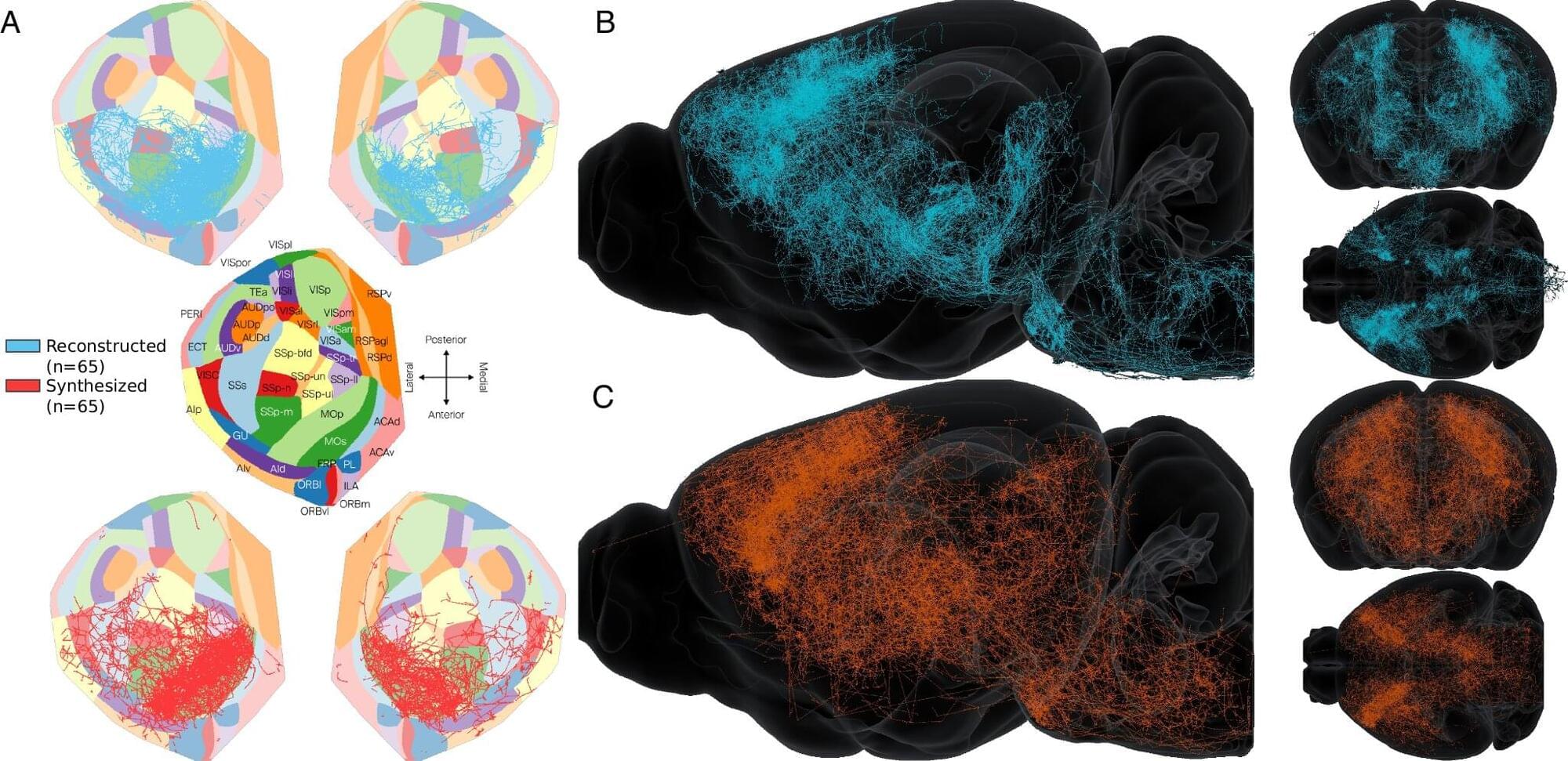
EPFL researchers have developed a powerful method to generate brain-wide, biologically realistic wiring maps of the mouse brain. Their approach bridges experimental data with mathematical and computational modeling to simulate how neurons connect across the entire brain.
The study is published in the journal Nature Communications.
One of neuroscience’s greatest challenges is understanding how the brain is wired. Even with modern imaging tools, it has been a challenge to create detailed maps that show how the brain’s billions of cells (neurons) connect, not just with their local “neighbors” but also to other, more distant cells in the brain.

The formulation of quantum field theory in Minkowski spacetime, which emerges from the unification of special relativity and quantum mechanics, is based on treating time as a parameter, assuming a fixed arrow of time, and requiring that field operators commute for spacelike separations. This procedure is questioned in the context of quantum field theory in curved spacetime (QFTCS). In 1935, Einstein and Rosen (ER), in their seminal paper [1] proposed that “a particle in the physical Universe has to be described by mathematical bridges connecting two sheets of spacetime” which involved two arrows of time. We further establish that the quantum effects at gravitational horizons aesthetically involve the physics of quantum inverted harmonic oscillators that have phase space horizons. Recently proposed direct-sum quantum theory reconciles the ER’s vision by introducing geometric superselection sectors associated with the regions of spacetime related by discrete transformations. This new understanding of the ER bridges promises a unitary description of QFTCS, along with observer complementarity. Furthermore, we present compelling evidence for our new understanding of ER bridges in the form of large-scale parity asymmetric features in the cosmic microwave background, which is statistically 650 times stronger than the standard scale-invariant power spectrum from the typical understanding of inflationary quantum fluctuations when compared with the posterior probabilities associated with the model given the data. We finally discuss the implications of this new understanding in combining gravity and quantum mechanics.
Gravity and quantum mechanics.
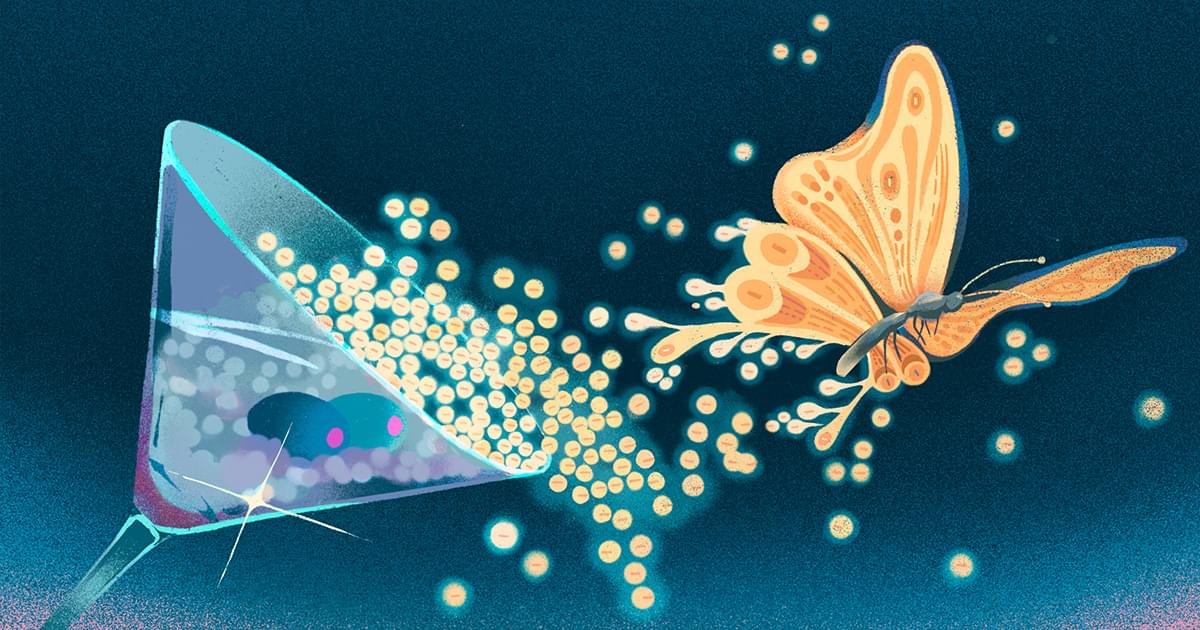
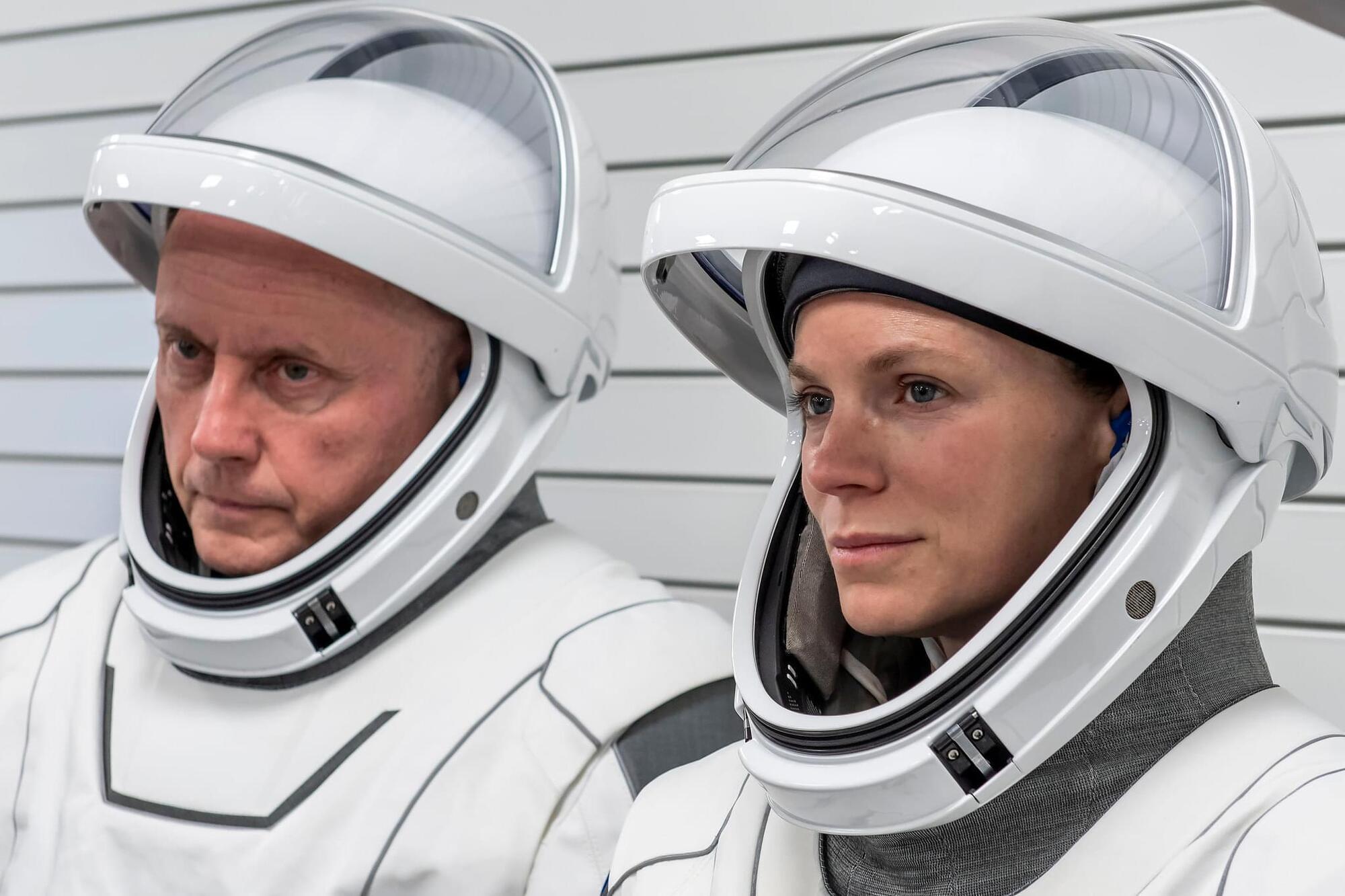
NASA astronauts Michael Fincke and Zena Cardman will connect with students in Ohio as they answer prerecorded science, technology, engineering, and mathematics (STEM) questions aboard the International Space Station.
The Earth-to-space call will begin at 10:15 a.m. EDT on Wednesday, Aug. 27, and will stream live on the agency’s Learn With NASA YouTube channel.
Media interested in covering the event must RSVP by 5 p.m., Monday, Aug. 25, to Mary Beddell at: 330−492−3500 or at [email protected].
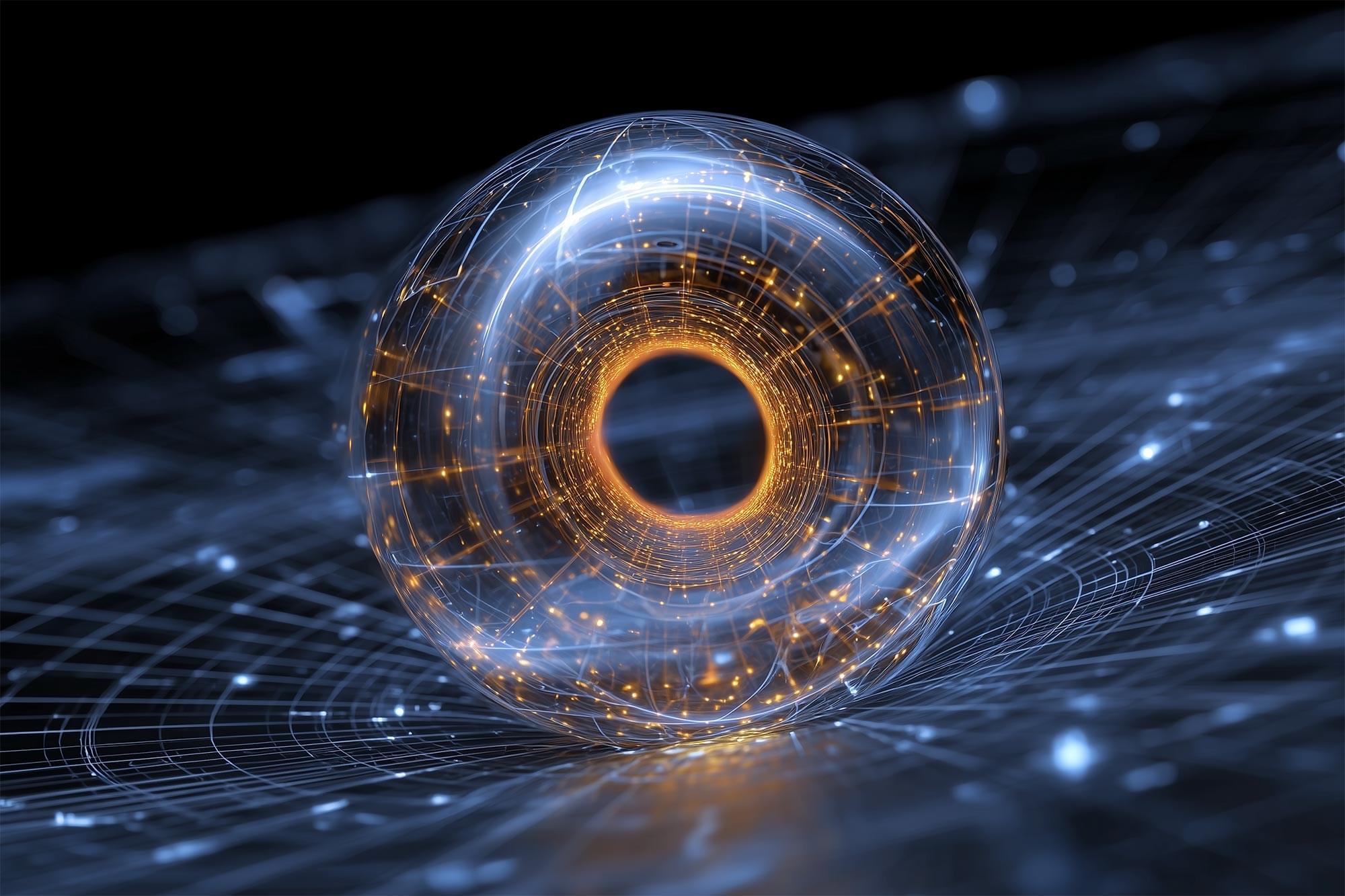
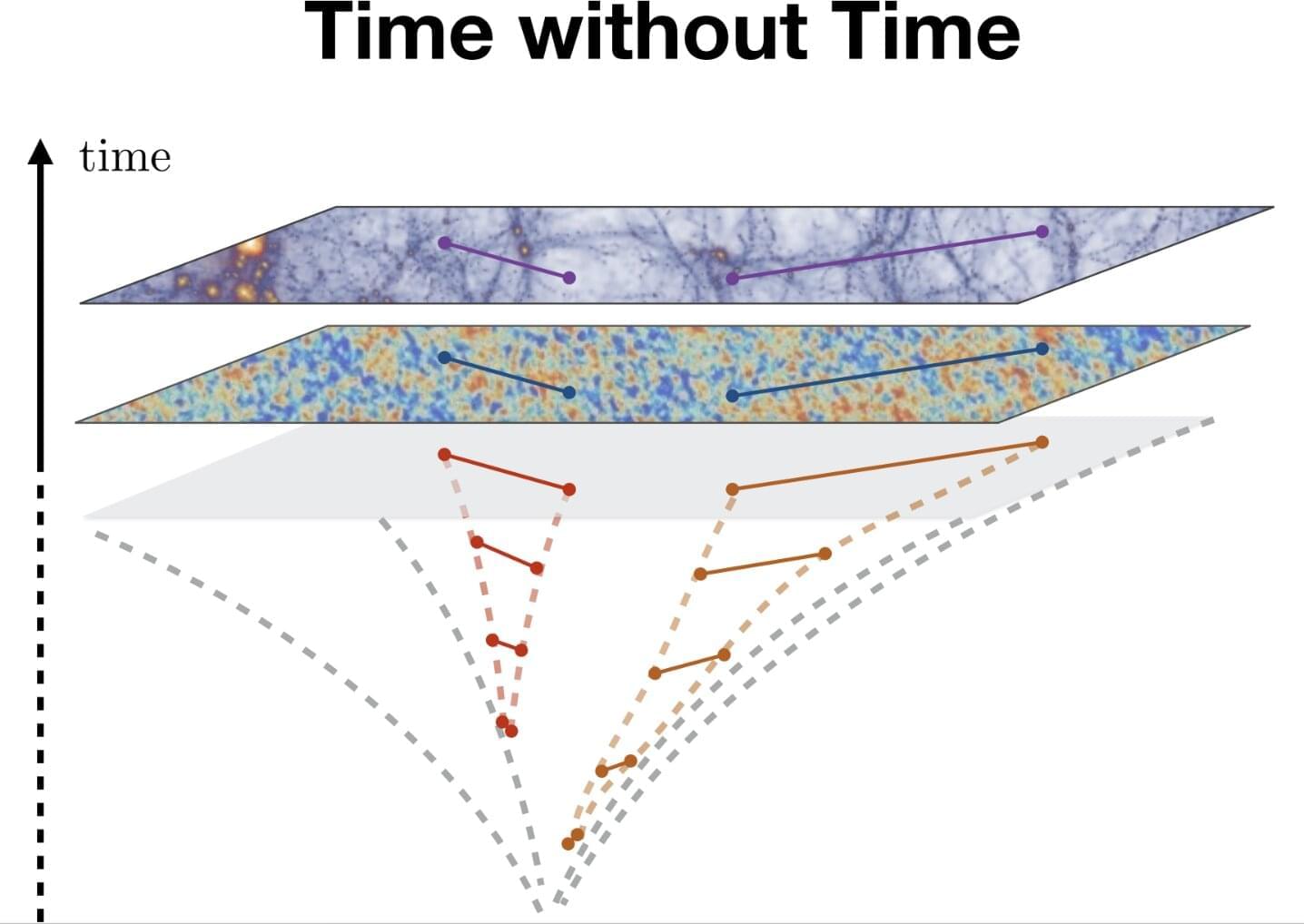
To study the origin and evolution of the universe, physicists rely on theories that describe the statistical relationships between different events or fields in spacetime, broadly referred to as cosmological correlations. Kinematic parameters are essentially the data that specify a cosmological correlation—the positions of particles, or the wavenumbers of cosmological fluctuations.
Changes in cosmological correlations influenced by variations in kinematic parameters can be described using so-called differential equations. These are a type of mathematical equation that connect a function (i.e., a relationship between an input and an output) to its rate of change. In physics, these equations are used extensively as they are well-suited for capturing the universe’s highly dynamic nature.
Researchers at Princeton’s Institute for Advanced Study, the Leung Center for Cosmology and Particle Astrophysics in Taipei, Caltech’s Walter Burke Institute for Theoretical Physics, the University of Chicago, and the Scuola Normale Superiore in Pisa recently introduced a new perspective to approach equations describing how cosmological correlations are affected by smooth changes in kinematic parameters.

Researchers can use a metric called the particle number concentration (PNC) to calculate the number of particles in a sample, such as the number of marbles in a jar.
Researchers at the National Institute of Standards and Technology (NIST) have developed a new mathematical formula to calculate the concentration of particles suspended in a solution. The new approach, which yields more accurate results than current methods, can be used to deliver the correct drug dosage to patients, measure the amount of nanoplastics in ocean water, and help ensure the correct level of additives in food products, among other applications.
The researchers have published their findings in Analytical Chemistry.